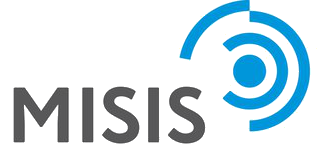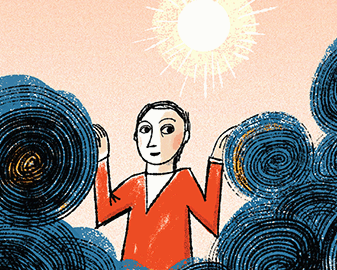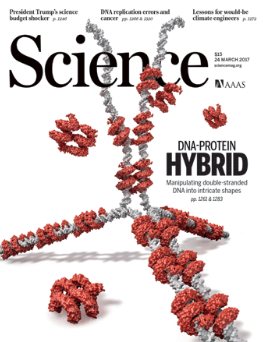March 27, 2017
I experienced the first rejections of my scientific career when I applied to graduate school. I had graduated as the top student from my undergraduate program, but I didn’t get into my top choice for grad school. In fact, about half my applications were met with rejection. I did not know how to cope. I felt that I had let my family and teachers down, and I was embarrassed and bitter. That was 3 years ago. Since then, I’ve continued to experience the rejections that are a routine part of scientific training and research. But I have learned that, with the right mindset and some initiative and introspection, I can transform rejections into useful lessons to strengthen my future work.

ILLUSTRATION: ROBERT NEUBECKER
“With the right mindset … I can transform rejections into useful lessons.”
I did get into my second-choice graduate school. But I continued to learn the lessons of rejection when I failed to win a small-scale writing contest. At first, I felt rather discouraged. I worried that asking for feedback might seem inappropriate and that I might come across as a sore loser. But I reasoned that there was no better way for me to improve than to take the initiative and ask. I took my time drafting the email to make sure that my tone was sincere, and I ended up receiving valuable comments that equipped me to go on to win two similar competitions.
Following up after rejections can also open the door to unexpected opportunities. A year ago, for example, I applied unsuccessfully for a science writing internship. I asked the editor whether there were any other ways I could contribute, and I was surprised to learn that I was welcome to pitch ideas for articles that I wanted to write. (The editor also assured me that my application was of decent quality, which restored my confidence in my writing ability.) A few months later, I contacted the editor with a pitch, and I was thrilled to be offered a paid contract to contribute an article.
Even when you don’t get individual feedback or immediate further opportunities, you can still help yourself by trying to figure out why your application wasn’t successful. Last year, for example, when my application for a short-term fellowship to do research in Germany was rejected, I decided to look more closely at the winners from past years. I found that almost all of the funded fellows studied disease biology, while my proposal had focused more on using biology for engineering and materials applications. Realizing that my rejection was due—at least in part—to the fact that it was a bad fit, and not necessarily a reflection on the quality of my proposal, made me feel better about my research. I also learned that it’s important to do my homework. Now, I ensure that my application is a good fit by learning who was successful, and sometimes even contacting them for advice, before submission.
In other cases, understanding the reasons behind a rejection can suggest concrete ways to strengthen your work. For example, after looking into the students who were chosen for a program to work as journalists at a conference—which I was rejected from 2 years in a row—it dawned on me that the organizers were looking for people with experience writing informal blogstyle articles. I didn’t have this type of background, and I had been selling myself as an academic writer. So, I started reading more scientific blogs and recently got an opportunity to start writing for one, which I hope can help me avoid a third rejection. I also learned that sometimes I need to be patient and put in the time and work to accumulate credentials if I am not a good fit at the moment.
There’s a lot of advice out there about not feeling down after rejections. I beg to differ. I believe that it’s OK to be stressed, upset, frustrated, and even to harbor self-doubt. The important thing is to harness these feelings so that they lead to something productive. Frankly speaking, I still have a hard time when my applications fail. As a final-year Ph.D. student applying for postdoc fellowships, I get worried even thinking about potential rejection. But as I contend with these negative thoughts, I remind myself to pick myself up and transform rejections into positive lessons.
By Andy Tay
Vol. 355, Issue 6331, pp. 1342
DOI: 10.1126/science.355.6331.1342



